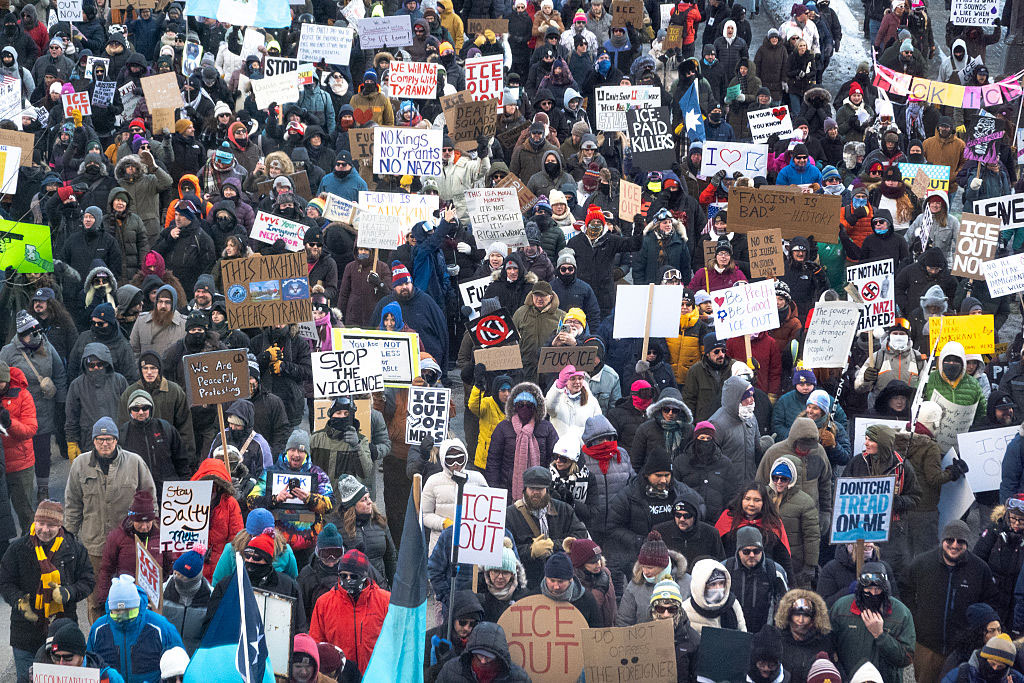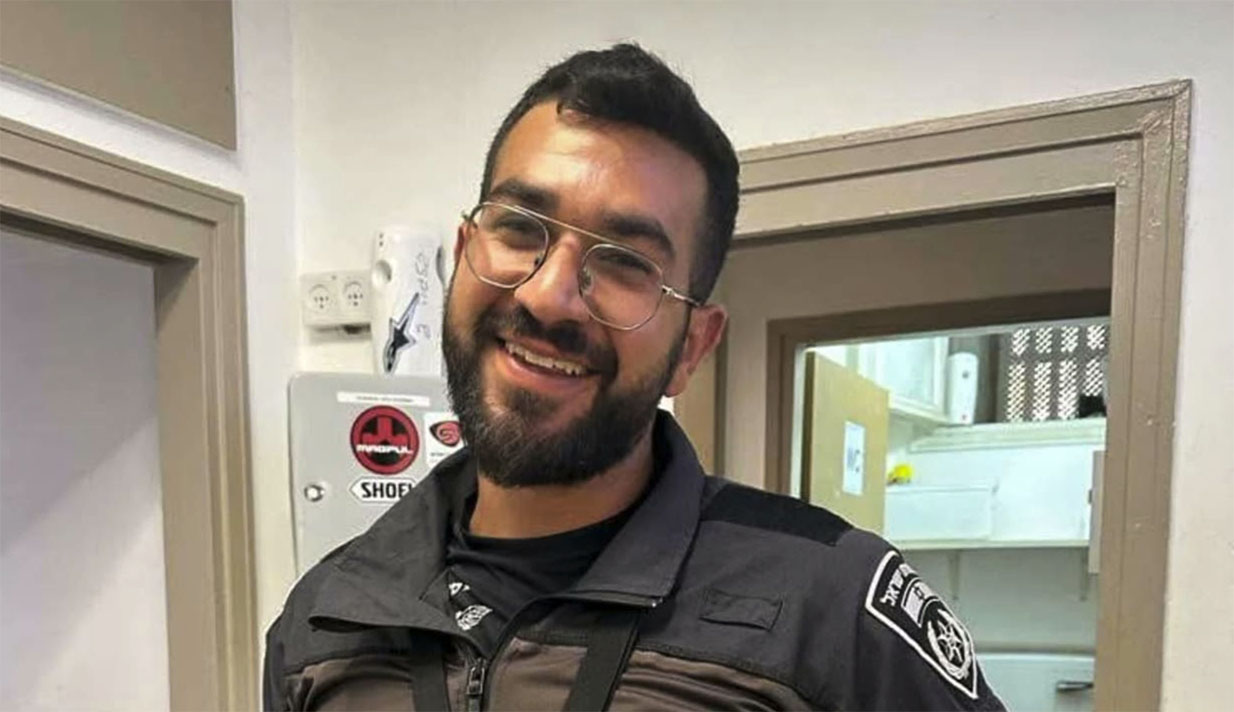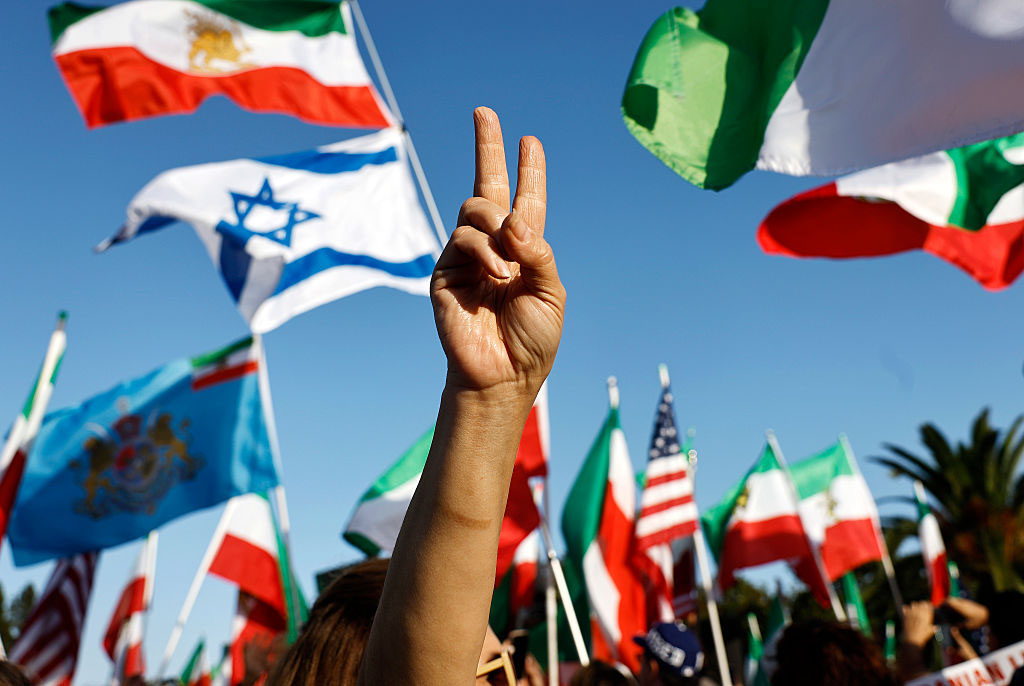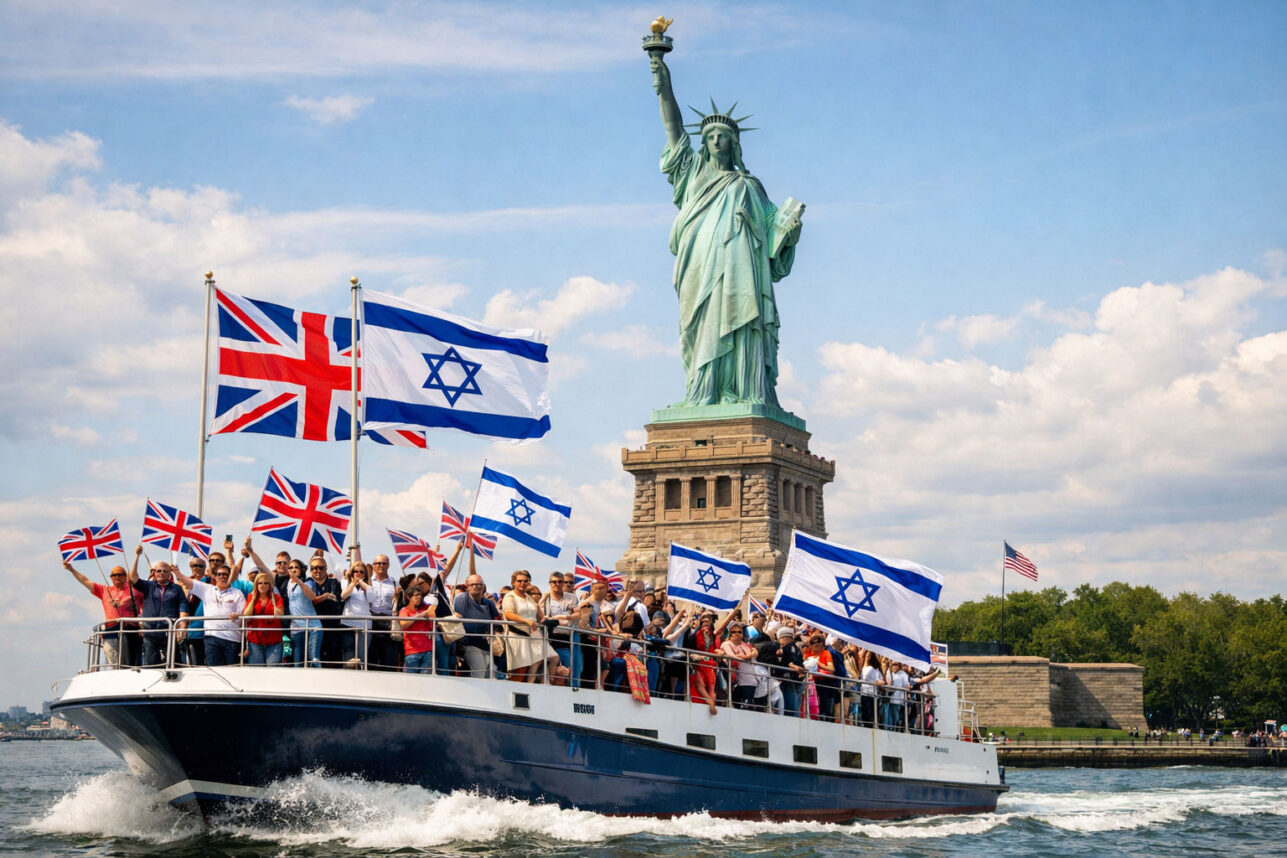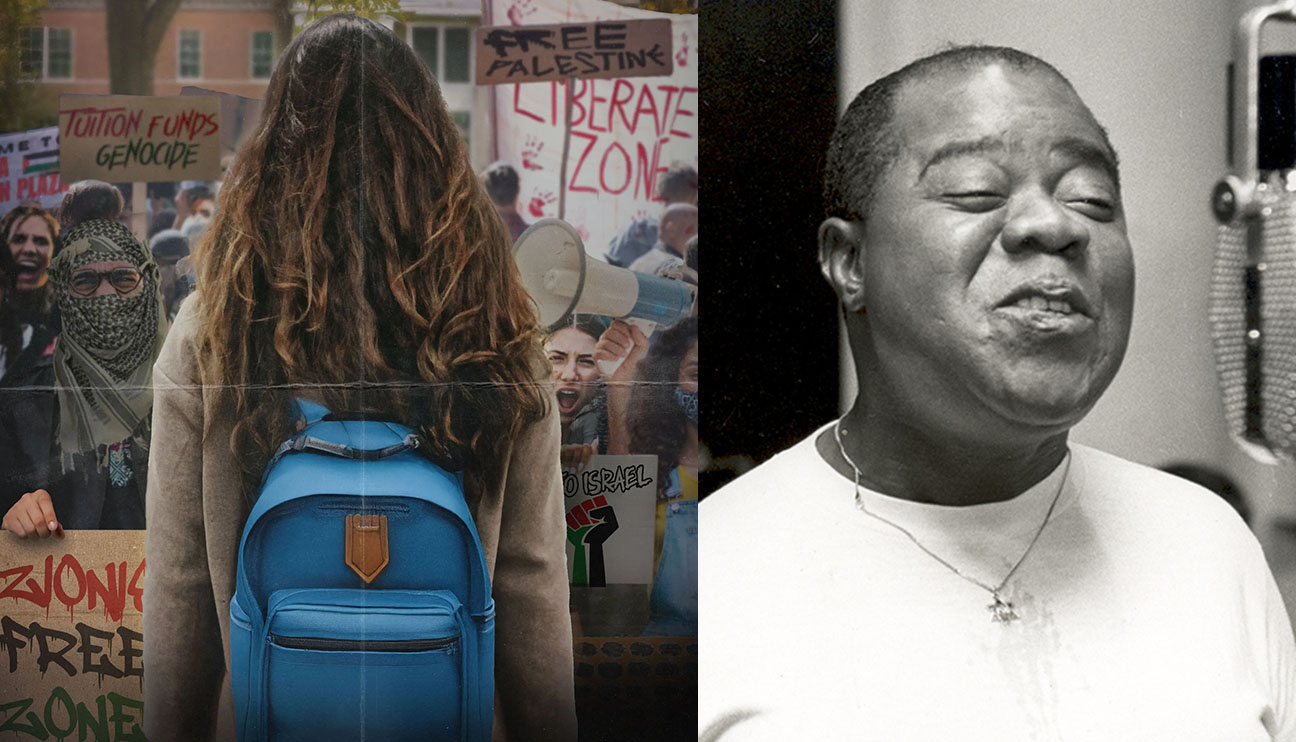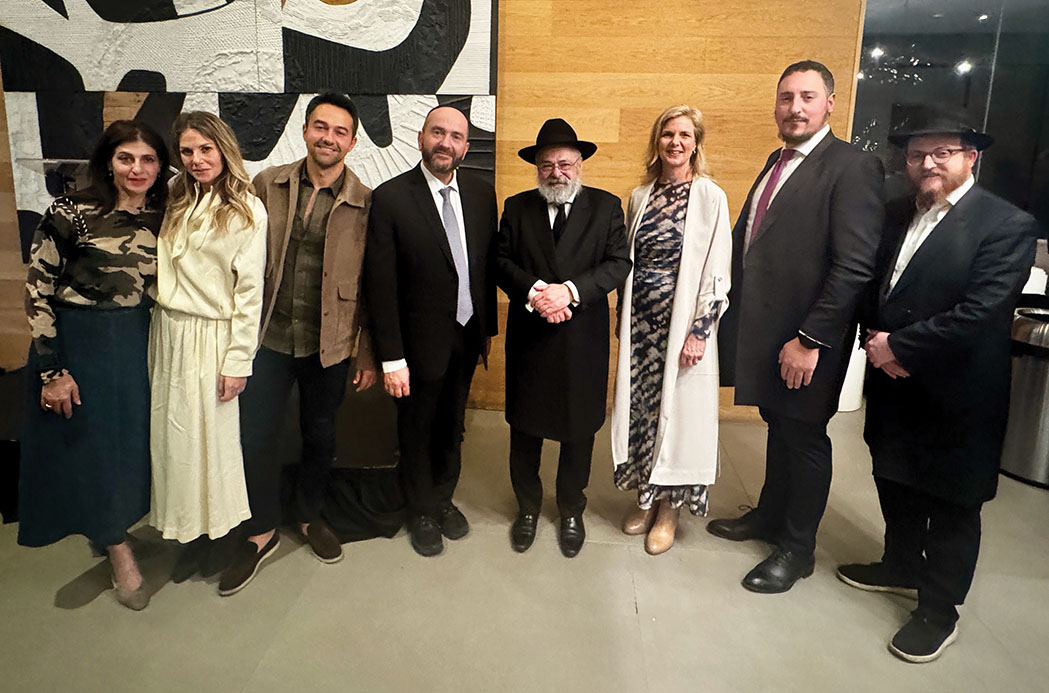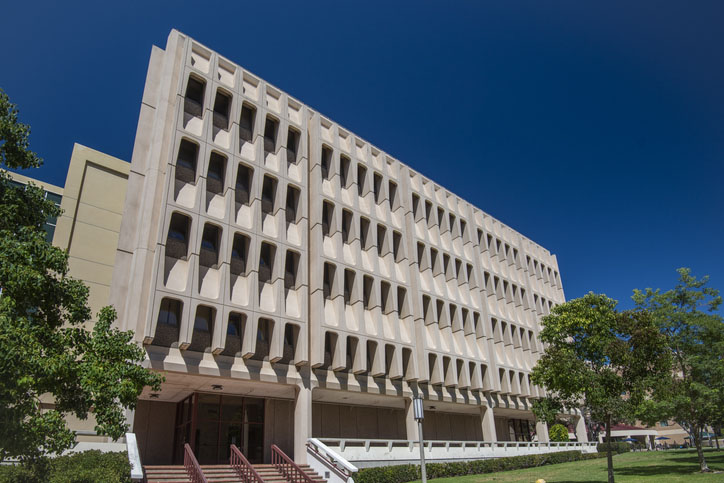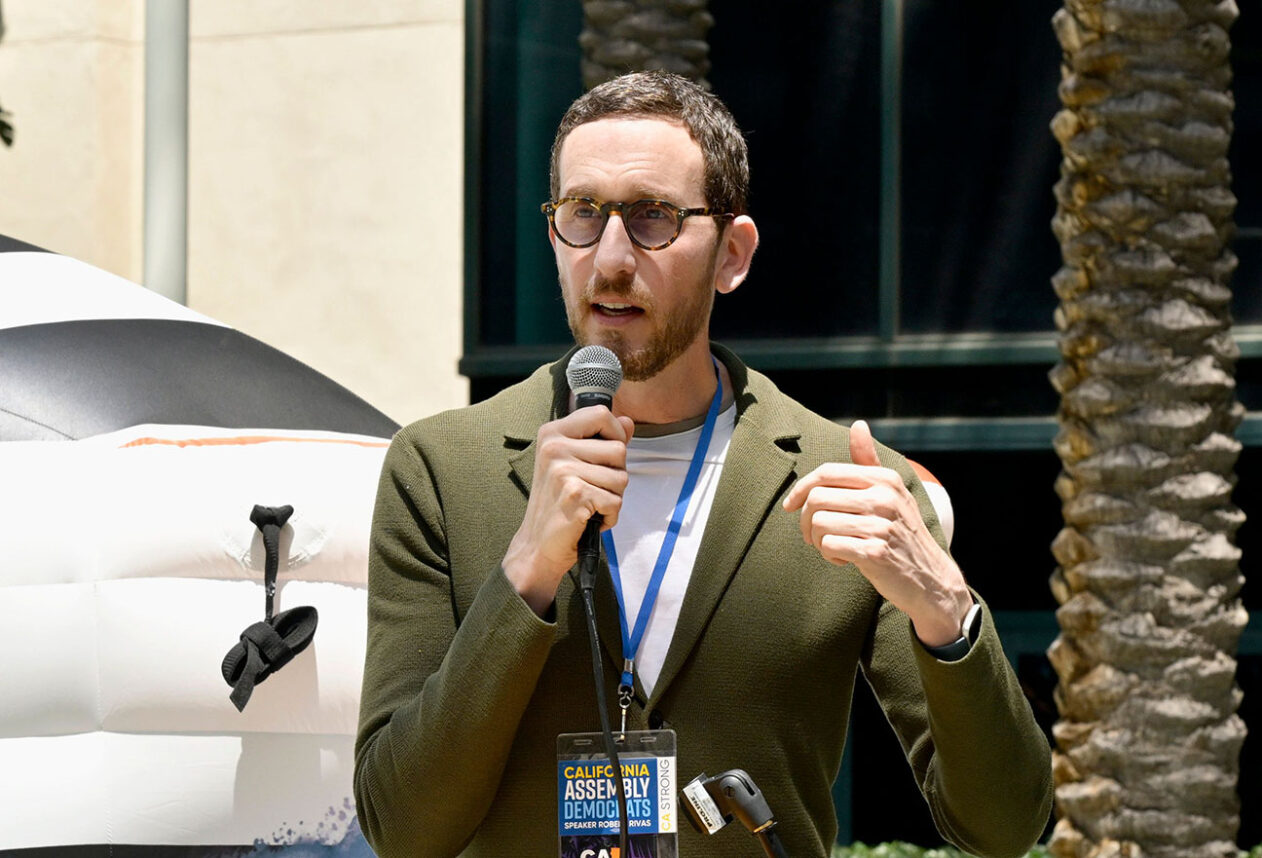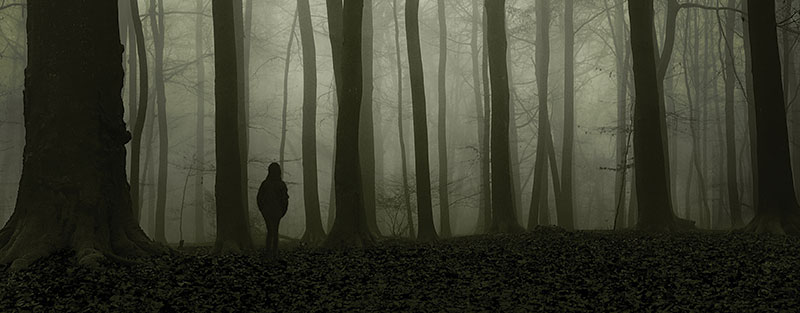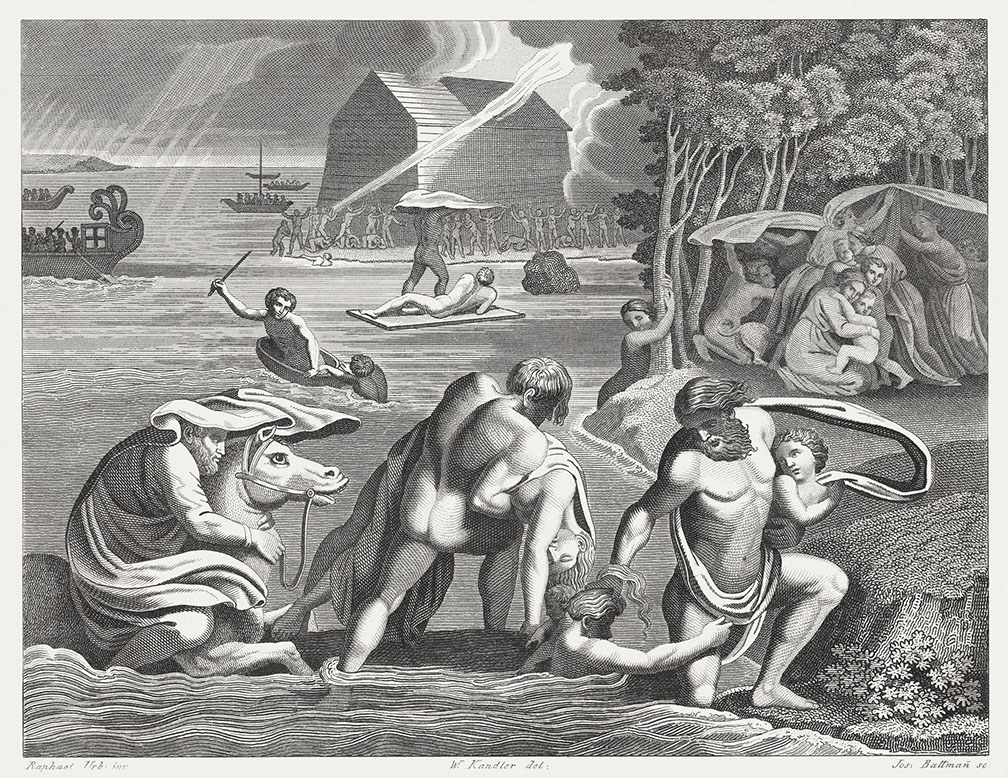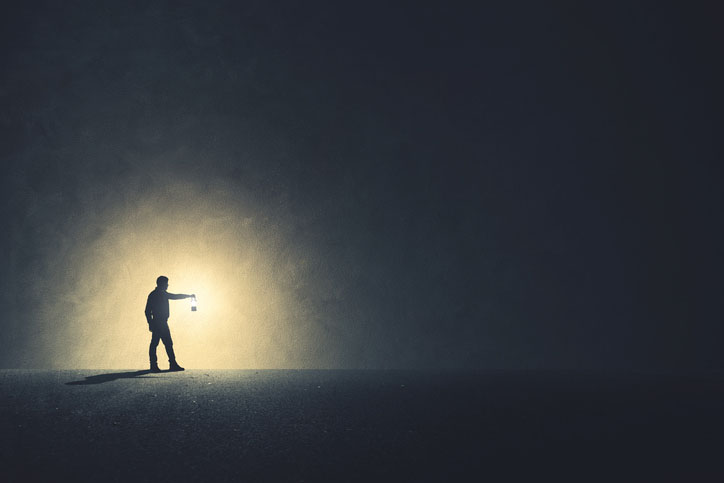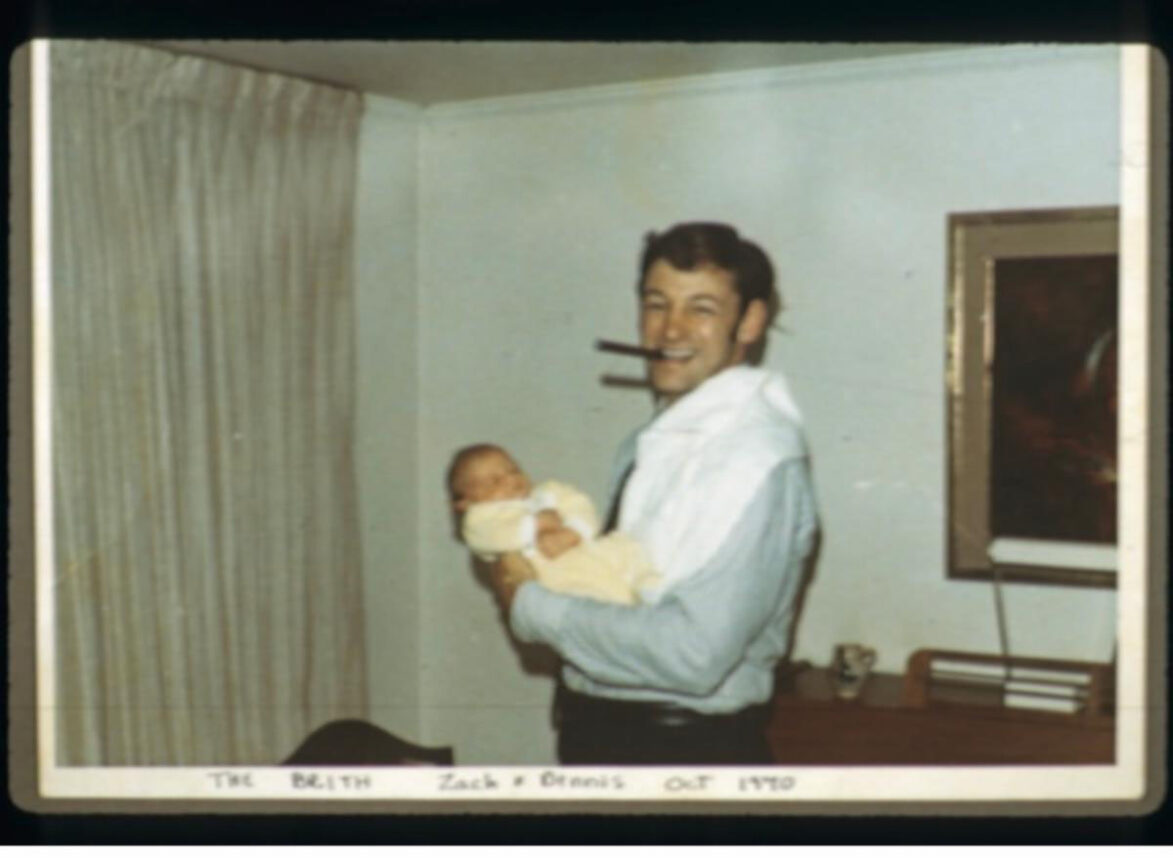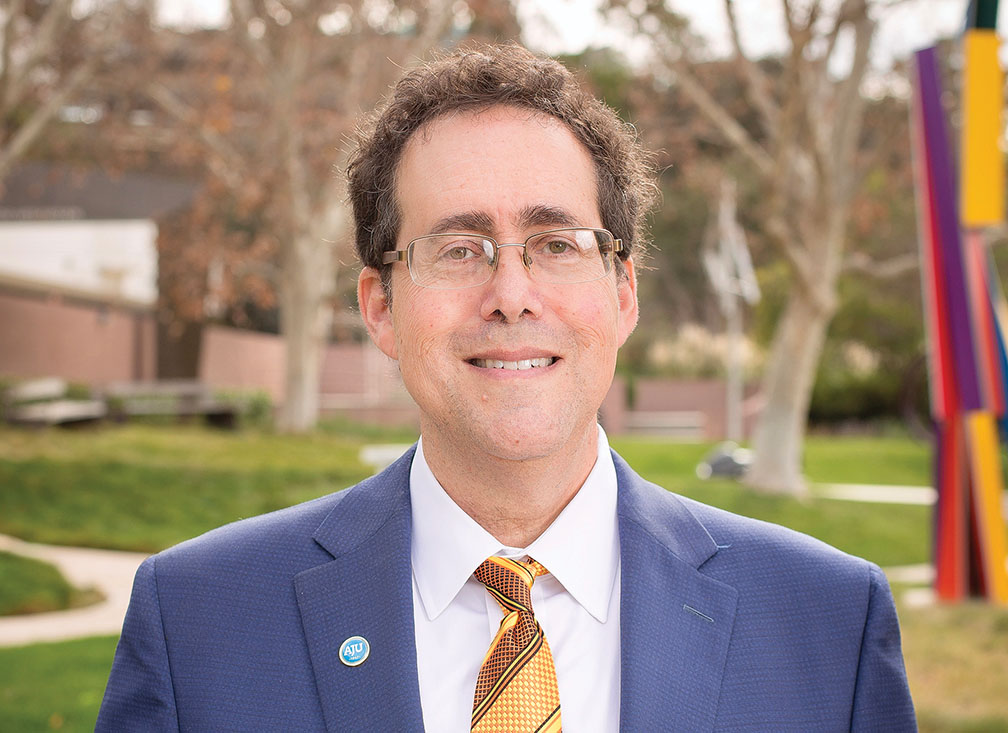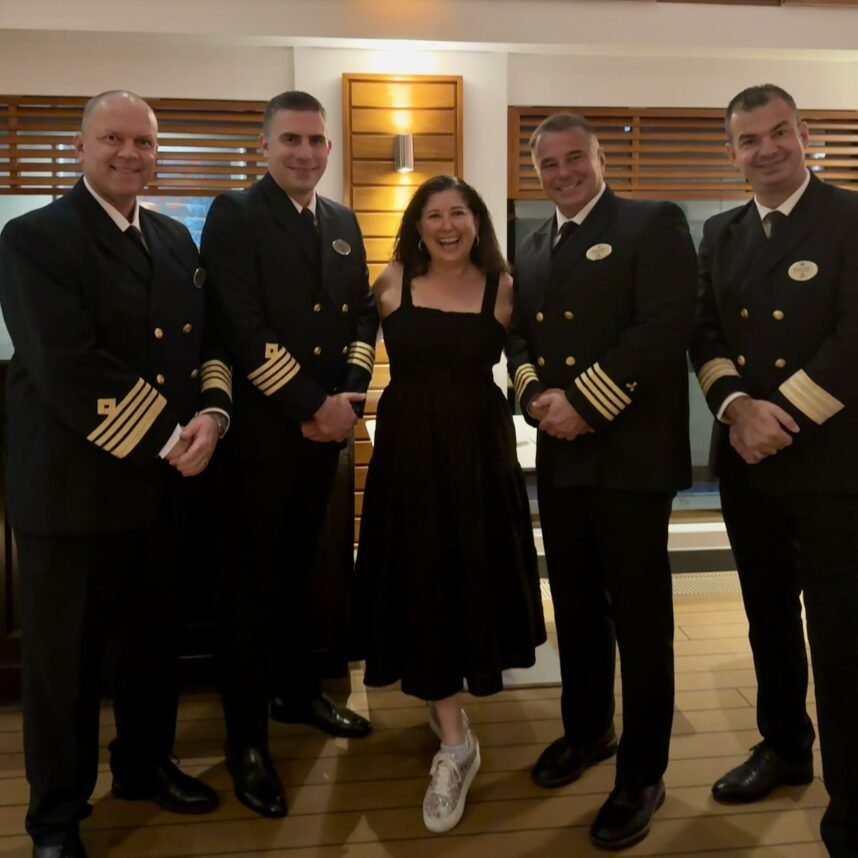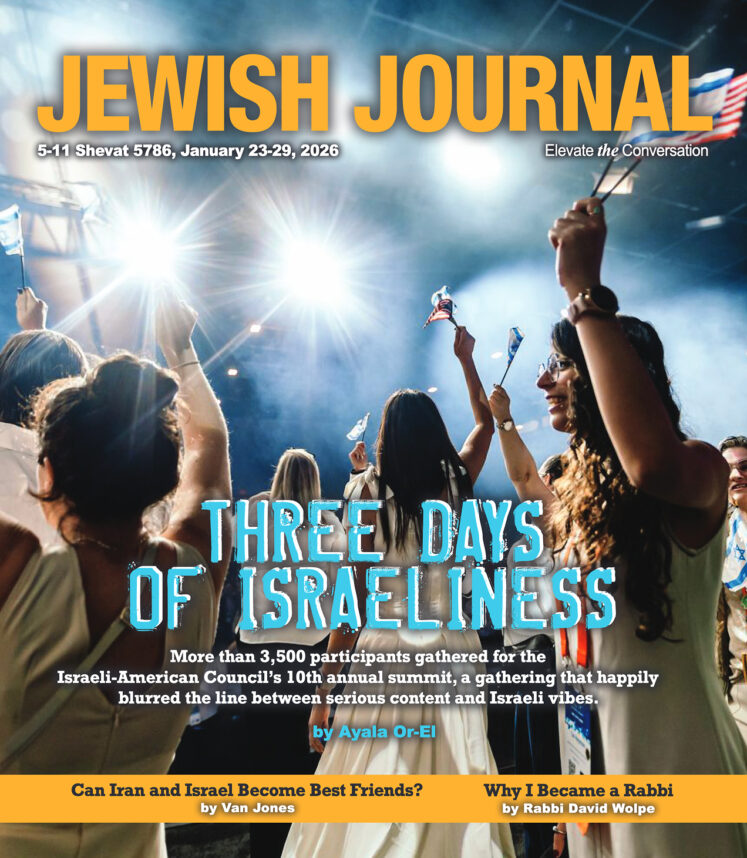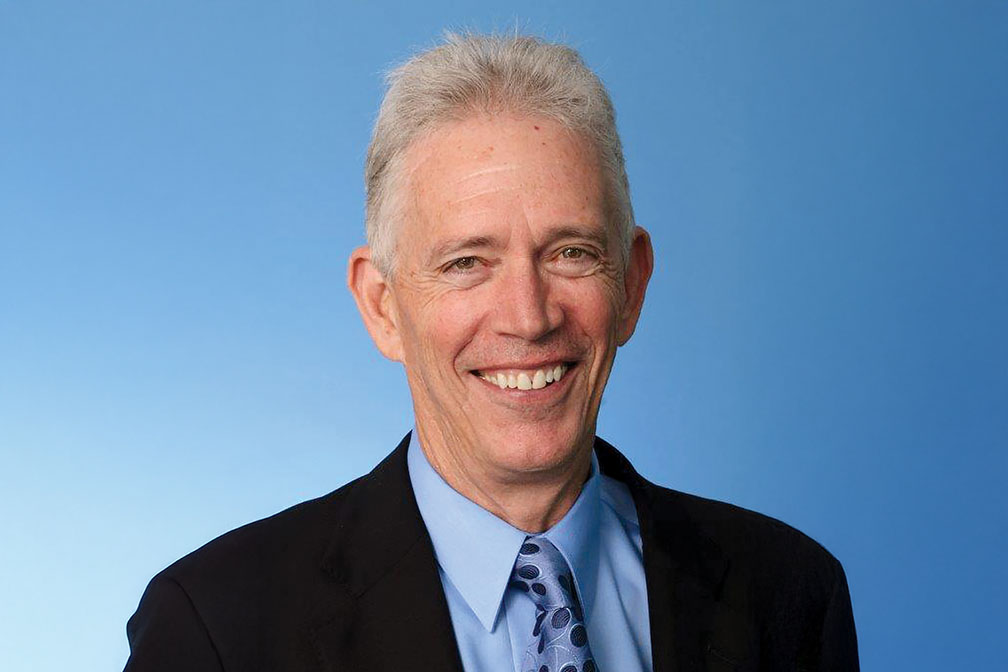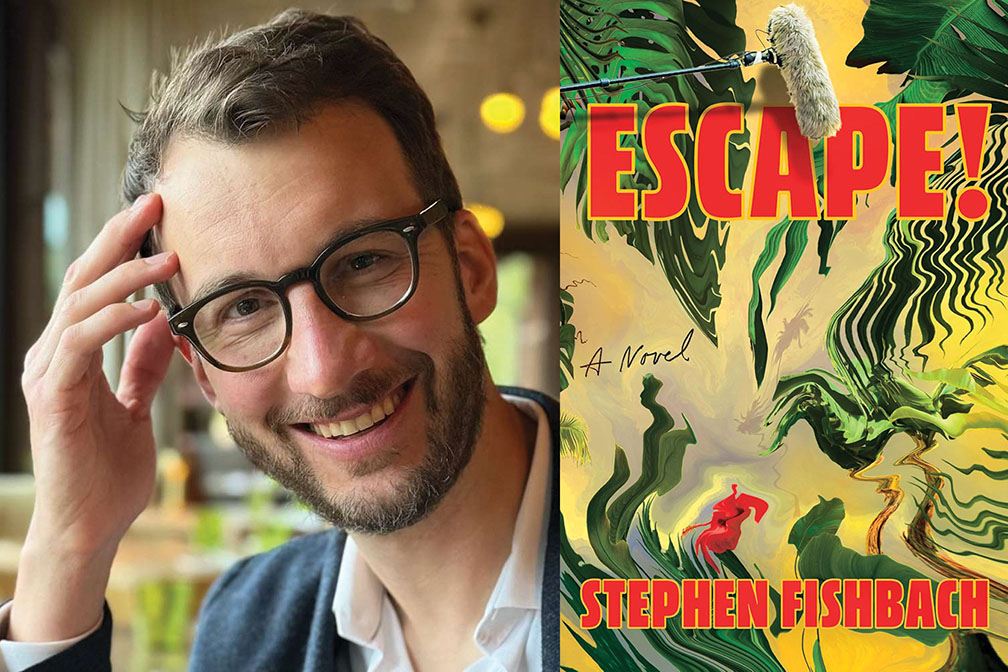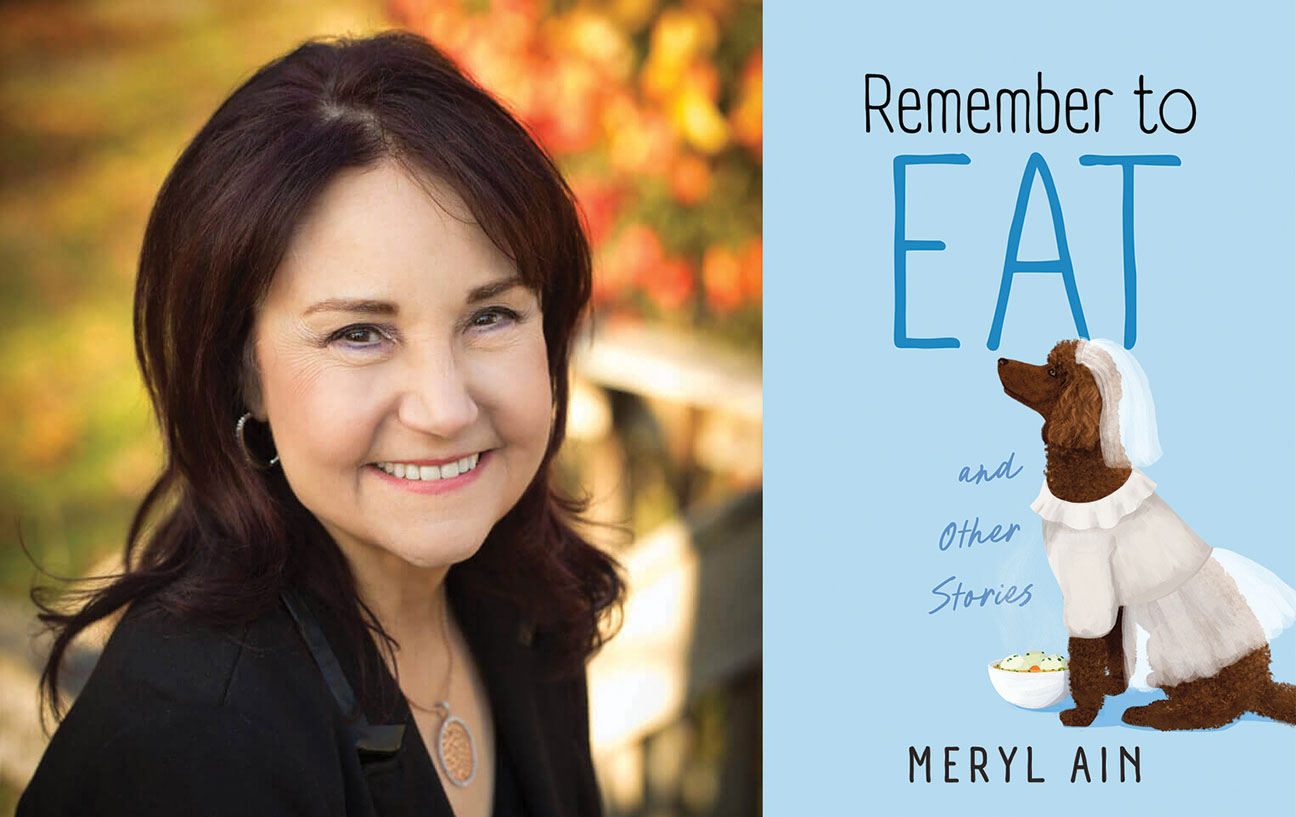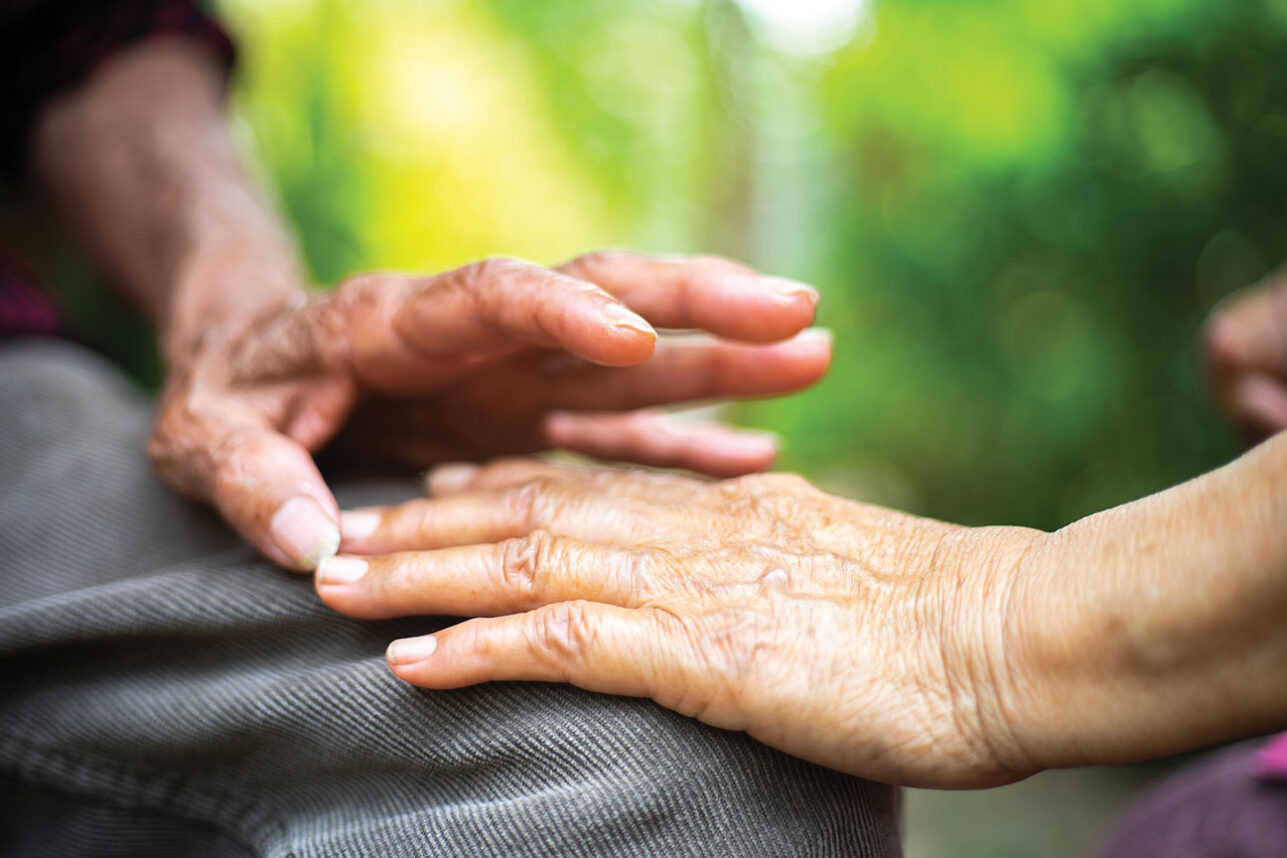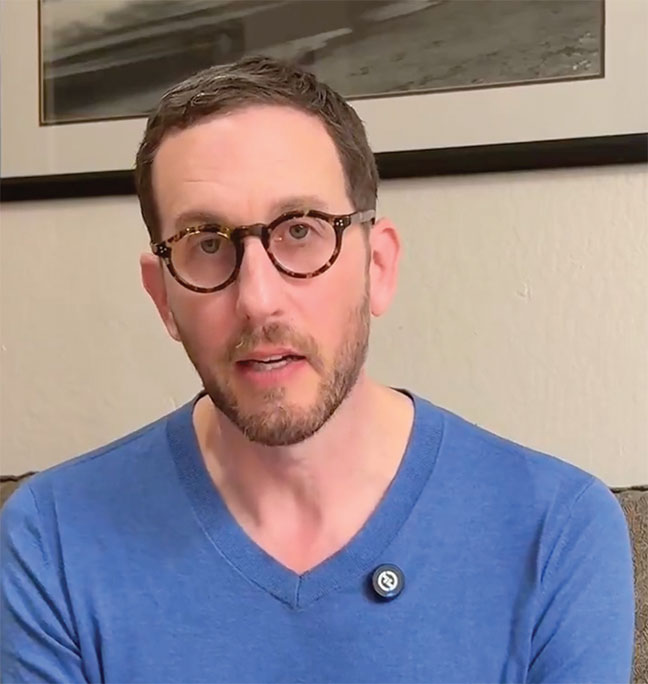
When “Will & Grace” first aired in September 1998, the sitcom broke new ground in broadcast television by becoming a hit series with openly gay principal characters — success achieved not only from subject matter never before introduced into America’s living rooms but also through writing and acting that gave those characters magical comedic chemistry.
Because the show’s co-creators, Max Mutchnik and David Kohan, and lead actress Debra Messing all are Jewish, and Mutchnik also is gay, gay Jews in particular felt the show spoke to them more directly than any sitcom ever had.
With the series about the lives of gay lawyer Will Truman, straight interior designer Grace Adler and their friends Jack and Karen slated to return on NBC in October, Jewish LGBTQ activists are enthusiastic, meeting the reboot with expectations that reflect the impact of the groundbreaking original.
Janelle Eagle-Robles, 34, a former fundraiser for the Gay and Lesbian Alliance Against Defamation (GLAAD), remembered the show’s impact “normalizing our lives instead of being the comedic relief of it.”
“It was two characters living their best lives and having totally human moments that people were seeing on a weekly basis,” she said. “The portrayal wasn’t perfect, but it was the only thing we had, so it was held up as the Holy Grail of representation. We saw the importance of it and celebrated their achievements. They got every award from the queer community because they had done something that matters.”
Asher Gellis, 42, founder of JQ International, a West Hollywood-based Jewish LGBTQ organization, said “Will & Grace” premiered after he had been through a decade of experiencing “heartbreak and isolation” as he became aware he was gay. The show made him feel “visible” and “acknowledged” more than some gay-male-themed TV shows that would follow, like “Queer Eye for the Straight Guy.”
“I don’t fit that [‘Queer Eye’] stereotype, but it was displayed as if it was a universal,” he said. But “Will & Grace,” with its presentation of both gay and Jewish identities, made Gellis feel “a sense of pride” in both.
“The fact that neither Will nor Grace reflected the traditional archetype of their respective gay or Jewish identities was a further celebration that there isn’t just one type of gay person or one type of Jewish person,” Gellis said.
Film producer and Hebrew Helpers founder Todd Shotz, 43, who had come out only three years before “Will & Grace” first aired, said the show “felt like it charted the process of acceptance within the overall American culture [and] the process I was going through as I came out and became comfortable with being gay.”
“At the time of its premiere,” he said, “AIDS was still ever-present in the news — so much sorrow and pain had been associated with being gay. But this show gave everyone a chance to laugh and camp-up how fabulous it is to be gay.”
And although gay characters in movies often were one-dimensional, he said, a TV show like “Will & Grace” “gets time to breathe and live and evolve.”
Gellis considers shows like “Will & Grace” important because children and young adults who watch them can find stories similar to their own experiences in the small-screen narratives.
“It’s so vital for our sense of self to see ourselves reflected, especially in this current political climate,” Gellis said. Pop-culture storytelling, he added, “provides role models for our youth and is transformational for society.”
Arya Marvazy, 31, remembered watching “Will & Grace” in college with his two straight roommates. The show was “the only access to queer entertainment I had that wouldn’t be a dead giveaway about my own identity,” he said.
“Through comedy, ‘Will & Grace’ provided a safe mainstream outlet to better know and understand LGBTQ-plus identity when people were far less familiar, and other such examples simply did not exist,” said Marvazy, JQ International’s assistant director and director of its Persian programming. “Everything about it felt groundbreaking because there were so many firsts with relation to queer life on prime-time television.”
It was in 2003, during the show’s eight-season run, that Amanda Maddahi was figuring out how her sexual identity fit into her life as a Persian Jew in America. She never missed an episode, “no matter how closeted I was,” she said.
“Much of mainstream gay sentiments at the time, as far as what I knew and saw, were a cocktail of homophobia mixed with scorn and pity,” she said. But “Will & Grace” was “a turning point in American mainstream culture that proposed the gay community could be laughed with, celebrated and be given a chance at inclusion and equality.”
Maddahi, 31, a medical doctor and former director of operations at JQ International who is developing a health TV show for children, said that “without that world, I would have never had a window opened to see the beautiful and free world that I live in now.”
Shotz, who produced the LGBTQ festival hit and award-winning film “Lazy Eye,” said the revived “Will & Grace” is needed in America’s current political climate. Despite progress toward equality since the original show ended, including the U.S. Supreme Court ruling making same-sex marriage legal in 2015, more protections for the LGBTQ community are needed, he said, because “the current administration seems to want to strip away so much of the progress by the previous administration.”
“People need to understand,” Marvazy said, “that our rights as queer people are being threatened daily, and that the greater impact of inequality will be of importance to everyone. Sometimes it takes characters we love in TV and film to help us recognize that that reality is quite possible.”
Eagle-Robles said that, while she is looking forward to the new “Will & Grace,” “I hope that they don’t start from where they ended, but start from where the country has gone since the show ended. The audience of 2017 is capable of connecting with queer characters that are more layered, imperfect and therefore more human.”










